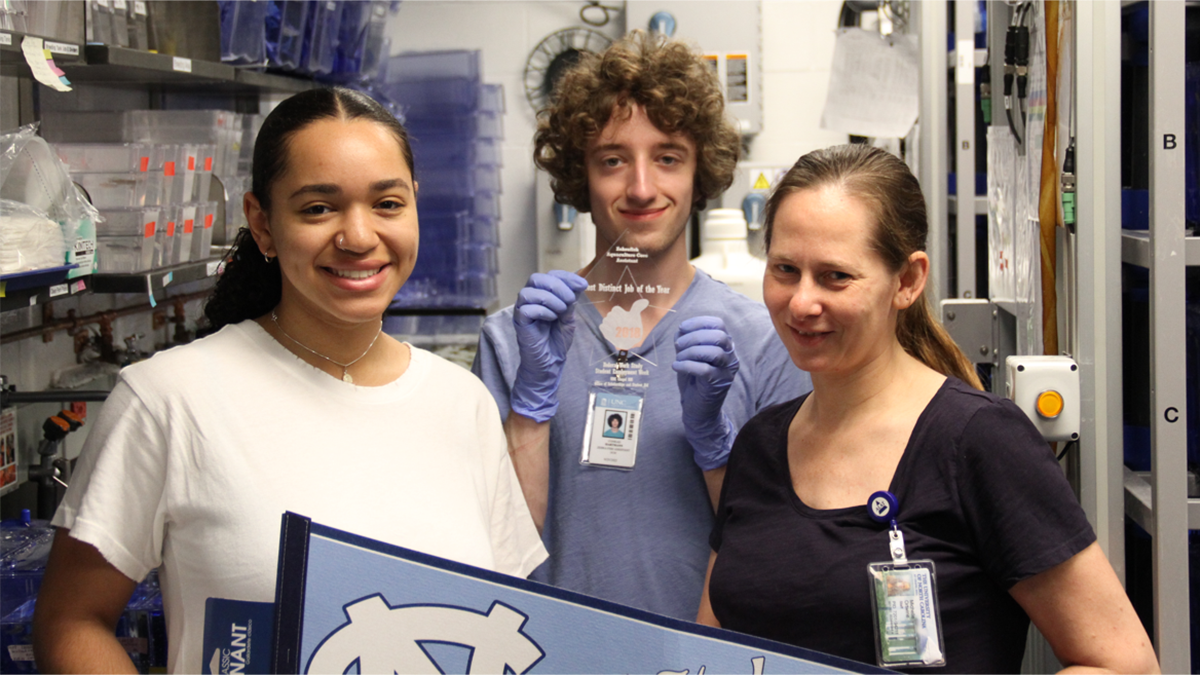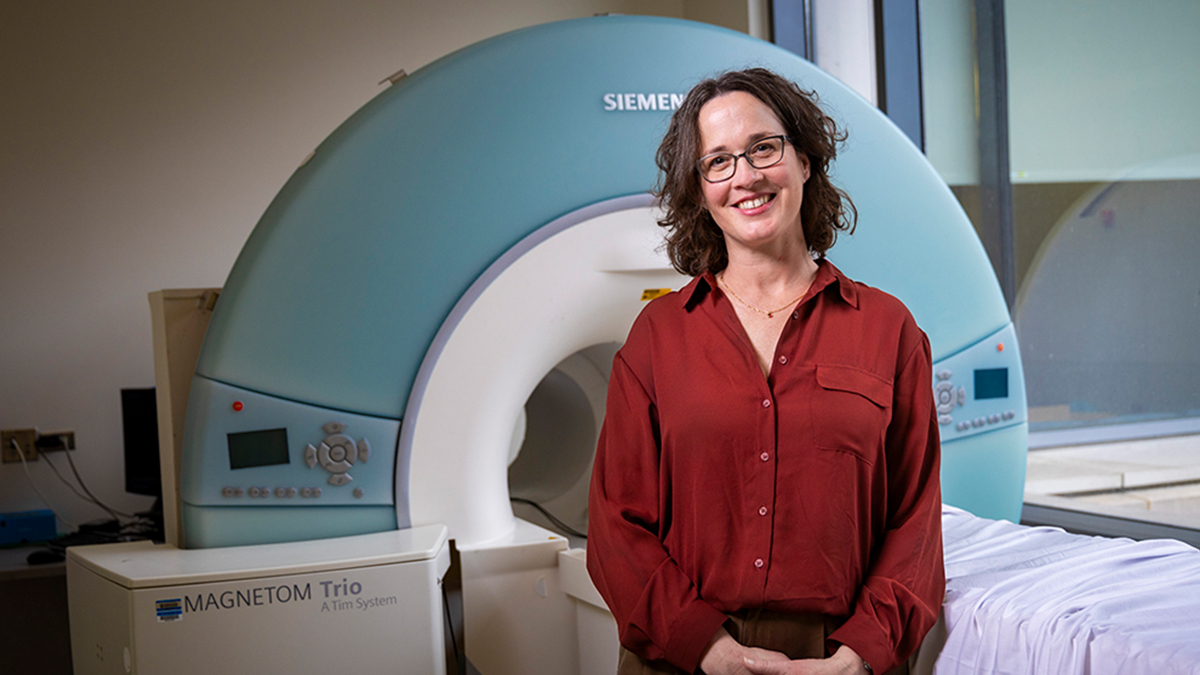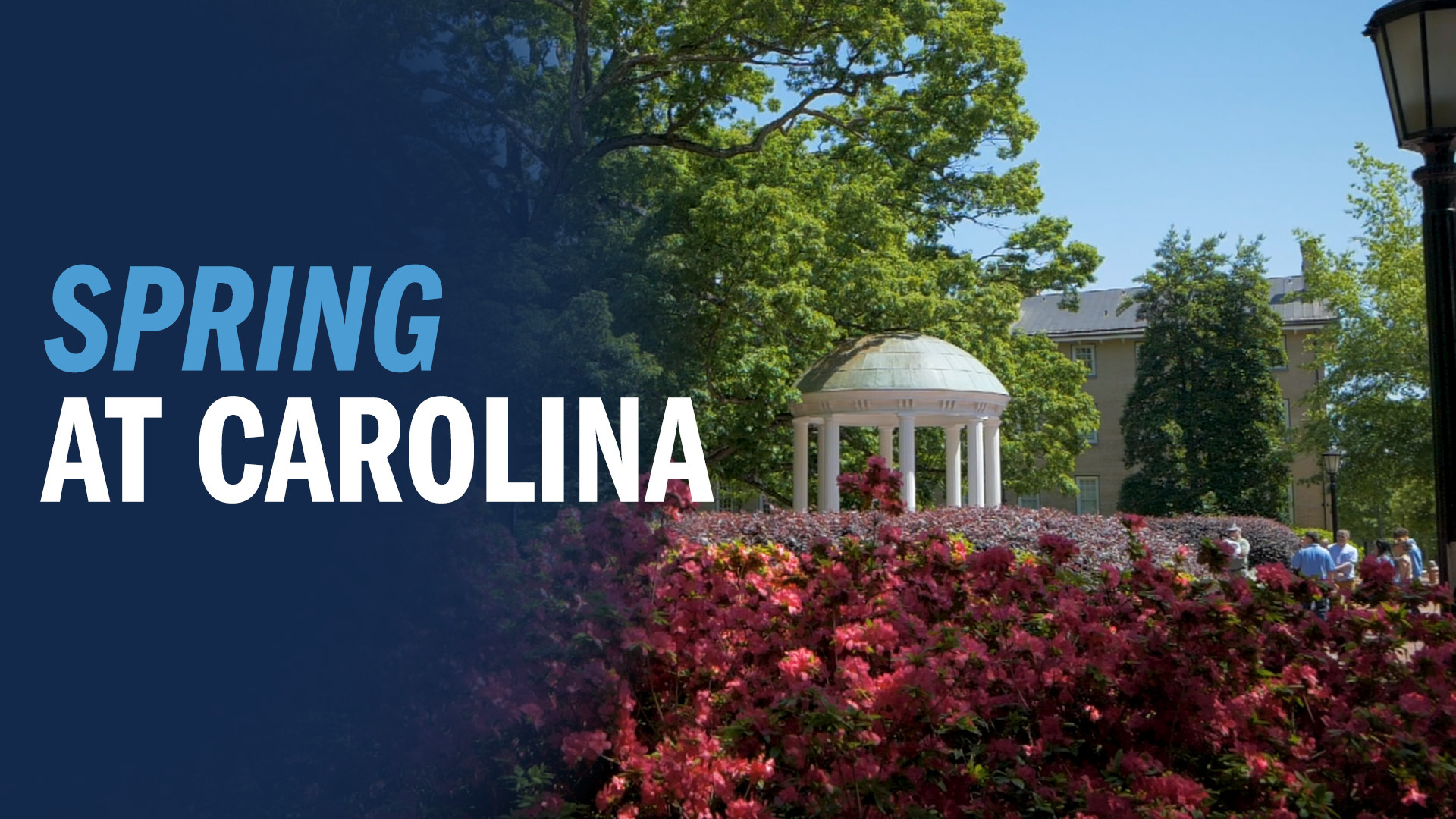Workie Awards celebrate the breadth and impact of work-study at Carolina
The work-study program offers more than 2,400 students the chance to earn a portion of their college funding through part-time jobs on campus or in the surrounding community.

The Office of Scholarships and Student Aid — in partnership with work-study employers across campus — is celebrating the first-ever round of Workies, awarded for some of the best, most interesting, and most distinctive work-study jobs at Carolina.
“We have hundreds of students and work-study supervisors doing amazing things every day, and we wanted to thank the people who make this program such a success,” said Josh Leonard, assistant director for operations and employment programs in the financial aid office.
The federal work-study program, bolstered by Carolina’s own investment in student employment, offers more than 2,400 students the chance to earn a portion of their college funding through part-time jobs on campus or in the surrounding community. The positions range from lab assistants to costume designers to bilingual tutors in local schools.
This year’s Workie for Most Distinctive Work-Study Job was a tie between two animal-related specialties on campus: “Birdsong and Bug Analyst” and “Zebrafish Aquaculture Assistant.”
Biology professor Keith Sockman oversees the bird and bug work, trying to find the connection between mating calls and food supply for a species of sparrow.
“My work-study students have spent all semester doing computer-assisted analysis of the song of male Lincoln’s sparrows, and also counting dead bugs,” Dr. Sockman wrote. “We think variation in the bird’s song is due, in part, to food (i.e., bug) availability.”
The Workies for Coolest Work-Study Job went to the students who help run the University’s BeAM makerspaces, teaching their classmates how to use the laser cutters, high-end design software, and 3D printers that are available to any member of the Carolina community.
“You are being paid to constantly learn new practical skills like laser cutting, 3D printing, or woodworking,” wrote senior Logan Frederick. “As long as you are maintaining a clean and safe environment for patrons, you are encouraged to work on all kinds of creative projects on your own.”
The idea behind the Workies isn’t just to bring attention to the range of jobs available, but also to spotlight the people who make the program valuable. As Leonard points out, a work-study job provides a lot more than just college funding.
“A good work-study supervisor can use that opportunity to help students really see new possibilities, grow their skills, and move from being a student to a working professional,” Leonard said. “We have so many people committed to seeing their student employees grow and figure out what they want to do after college.”
The 2018 Workie for best Work-Study Supervisor was shared between Bonita Brown, Admission and Guest Services Manager at the Carolina Union, and Tara Meadows-Neill, Records Manager at UNC Global.
“She has become a genuine mentor,” one student wrote of Brown, describing her patient guidance even in stressful situations. “I truly appreciate having a supervisor that makes me feel welcome, cared for, and has been given the opportunity to grow and learn.”
A student who worked with Meadows-Neill wrote about arriving the first day on the job to find a binder, a Google drive, and a welcome packet explaining the details of Carolina’s international programs.
“Tara has been the most helpful, kind, passionate, and organized supervisor that any work-study student could have,” the student wrote. Meadows-Neill also went out of her way to find interesting work related to immigration policy — the student’s career interest.
Carolina has plans to expand work-study funding in the years ahead, recognizing that more students would like the chance to earn a portion of their college funding while building a stronger resume. New partnerships with the Office of Undergraduate Research will broaden the range of research jobs available, and new fundraising should help offset the long-term decline in federal support for work-study.
“We don’t just make Carolina more affordable,” Leonard said. “We make it more interesting and more connected. That’s what the Workies are all about.”




